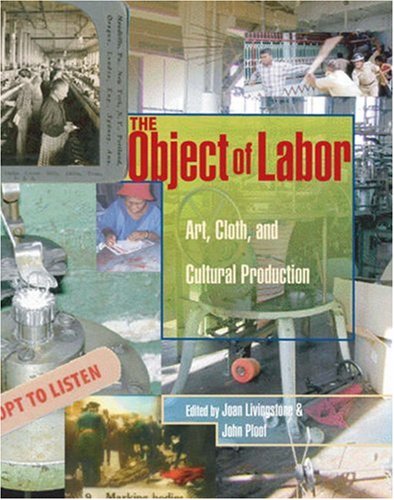For years I have heard anecdotal stories of how users are increasingly unaware of the URL itself (and certainly the term, ‘web address’ is sometimes better). I recall having a conversation at a university meeting (non-computing) and it soon became obvious that the term ‘browser’ was also not one they were familiar with even though they of course used it daily. I guess like the mechanics of the car engine, the mechanics of the web are invisible.
I came across the Google Zeitgeist 2008 page that analyses the popular and the rising search terms of 2008. The rising ones reveal things in the media “sarah palin” way in there above “obama” in the global stats. … if Google searches were votes! However, the ‘most popular’ searches reveal longer term habits. For the UK the 10 most popular searches are:
- bbc
- youtube
- ebay
- games
- news
- hotmail
- bebo
- yahoo
- jobs
Some of these terms ‘games’, ‘news’, and ‘jobs’ (no Steve, not you) are generic categories … and suggests that people approach these from the search box, not a portal. However, of these top 10, seven of them are simply domain names of popular sites. Instead of typing this into the address bar (which certainly on Firefox autocompletes if I type any I’ve visited before), many users just Google it (and I’m sure the same is true for LiveSearch and others).
I was told some years ago that AOL browsers swapped the relative sizes (and locations I think) of the built-in search box and address bar on the assumption that their users rarelt tyoed in URLs (although I knew of AOL users who accidentally typed URLs into the search box). Also recalling the company that used to sell net keywords that were used by Netscape (and possibly others) if you entered terms rather than a URL into the adders bar.
… of course if I try that now … FireFox redirects me through Google “I feel lucky” … of course
Incidentally I came to this as I was trailing back the source of the, now shown to be incorrect, Sunday Times news story that said two Google seaches used the same electricity as boiling an electric kettle. This got challenged in a TechCrunch blog, refuted by Google, and was effectively (but not explcitly) retracted in subsequent Times online item. The source turns out to be a junior Harvard physicist, Alex Wissner-Gross, whose own source was a blog by Rolf Kersten, one of the Sun Green Team (Sun the computer manufacturer not Sun the newspaper!), so actually not an unreasonable basis.
In fact Rolf Kersten’s estimate, which was prepared for a talk in 2007, seemed to be based on sensible calculations, although he has recently posted a blog saying the figure was out by a factor of 35 … yes it actually takes 70 Google searches to boil that kettle. Looking deeper the cause of the discrepancy appears to be the figure he used for the number of Google searches per day. He took 2005 data about the size of the Google server farm and used a figure of 40 million searches per day. Although Google did not publish their full workings in their response, it is clearly this figure of 40 million hits that was way too low for 2005 as a Feb 2001 Google press release quoted 60 million searches per day in 2000. Actually with a moment’s reflection it is clear that 40 million hits per day (500 per second) would hardly have justified a major server farm and the figure is clearly in the billions. However, it is surprisingly difficult to find the true figure and if you Google “google searches per day” you simply find lots of people asking the same question. In fact, it was through looking for further Google press releases to find a more up-to-date figure that got me to the Zeitgeist page!
A Eamonn Fitzgerald’s Rainy Day blog nicely lays out the timeline of this story and sees it as a triumph of the power of media consumers to challenge the authority of the press due to what Jay Rosen refers to as ‘audience atomization‘. Fitzgerald also sees the paradox that the story itself was sourced from the somewhat broken sources on the internet; in the past the press would have perhaps used more authoritative sources … and as I noted couple of years ago at a Memories for Life panel at the British Library, the move from BBC to YouTube could be read as mass democratisation … or simply signal the end of history.
There is another lesson though, one that I picked up in a blog “keeping track of history” not long after the Memories for Life meeting, just how hard it is to find pretty straightforward information on the web. At that point I was after Tony Blair’s statement about the execution of Saddam Husssein, in this case trying to find out the number of Google search hits. Neither are secret, propriety or obscure, but both difficult to track down.
… but we still trust that single hit of a search button

